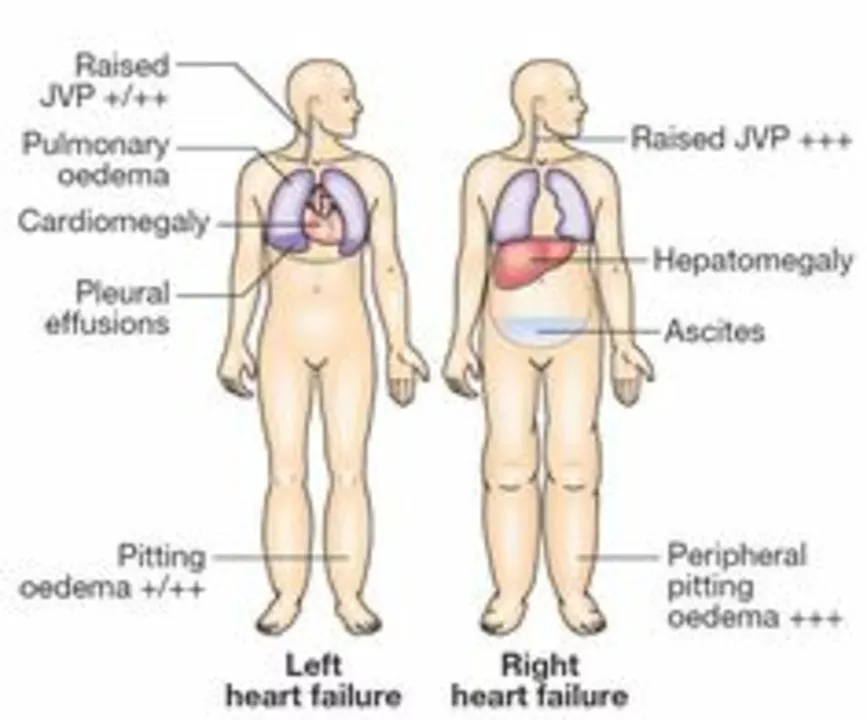Symptoms: Your Quick Guide to Spotting Health Issues
Ever wonder why you feel a headache at the worst possible time or notice an odd rash? Symptoms are your body’s way of sending alerts, and catching them early can save you a lot of hassle. Below we break down what symptoms mean, how to tell if they’re harmless, and when it’s time to call a doctor.
Common Symptom Groups and What They Usually Mean
Headaches: A tension headache often follows stress or poor posture. If you get throbbing pain with light sensitivity, think migraine – hydration, rest, and over‑the‑counter meds usually help. But a sudden, severe “worst‑ever” headache could signal something serious, so don’t ignore it.
Fever & Chills: A temperature above 100.4°F (38°C) is your immune system fighting infection. Most viral fevers settle in a few days with fluids and rest. Persistent high fever or one that spikes after medication could point to bacterial infection, requiring antibiotics.
Digestive Upset: Nausea, diarrhea, or stomach cramps often come from food irritation or a virus. If symptoms last more than 48 hours, involve blood, or you’re dehydrated, seek medical advice—especially for kids and seniors.
When to Take Action: Simple Rules to Follow
1. Duration matters: Anything that lasts longer than a week without improvement deserves a check‑up.
2. Severity counts: Sharp chest pain, sudden vision loss, or unexplained weakness are red flags—call emergency services right away.
3. Know your history: If you have chronic conditions like diabetes or heart disease, even mild symptoms can be a sign of trouble.
4. Track changes: Keep a short diary – note when the symptom started, what makes it better or worse, and any other signs (like fever). This info speeds up doctor visits.
If you’re unsure whether to see a professional, use our site’s symptom search tool. Type in your main complaint, and we’ll pull up related conditions, typical next steps, and safe over‑the‑counter options.
Practical Tips for Managing Everyday Symptoms
- Stay hydrated: Water helps most mild symptoms fade faster.
- Rest smartly: A short nap can reset a headache, but too much sleep might worsen fatigue.
- Use OTC wisely: Follow label directions; more isn’t always better.
- Mind your diet: Spicy or greasy foods often trigger heartburn – keep a food log if you notice patterns.
Remember, symptoms are clues, not diagnoses. Use them to guide your next steps, whether that’s home care or a doctor visit. Our articles dive deeper into specific signs like cough, rash, and joint pain, so explore the tag page for detailed guides on each topic.
Got a symptom you can’t figure out? Jump into our library of posts – from “How to Tell If Your Cough Is Serious” to “When Skin Rashes Need Professional Care.” You’ll find clear explanations, safe treatment tips, and when to get professional help. Stay informed, act early, and keep your health on track.

Mononucleosis: Understanding Epstein-Barr Virus, Symptoms, and Recovery
Mononucleosis, caused by the Epstein-Barr virus, leads to extreme fatigue and prolonged recovery. Learn how to manage symptoms, avoid complications, and return to normal activities safely. Most cases resolve without treatment, but careful rest is crucial for full healing.
Read More
The Link Between Edema and Heart Failure: Symptoms and Treatment
As a blogger, I've recently come across some important information on the link between edema and heart failure. Edema is a condition where excess fluid accumulates in the body, often leading to swelling. I've learned that this can be a symptom of heart failure, as the heart struggles to pump blood effectively, causing fluid to build up. If you experience symptoms like swelling in your legs, ankles, or abdomen, it's crucial to seek medical attention. Treatment options for edema and heart failure may include medications, lifestyle changes, and in some cases, surgery.
Read More